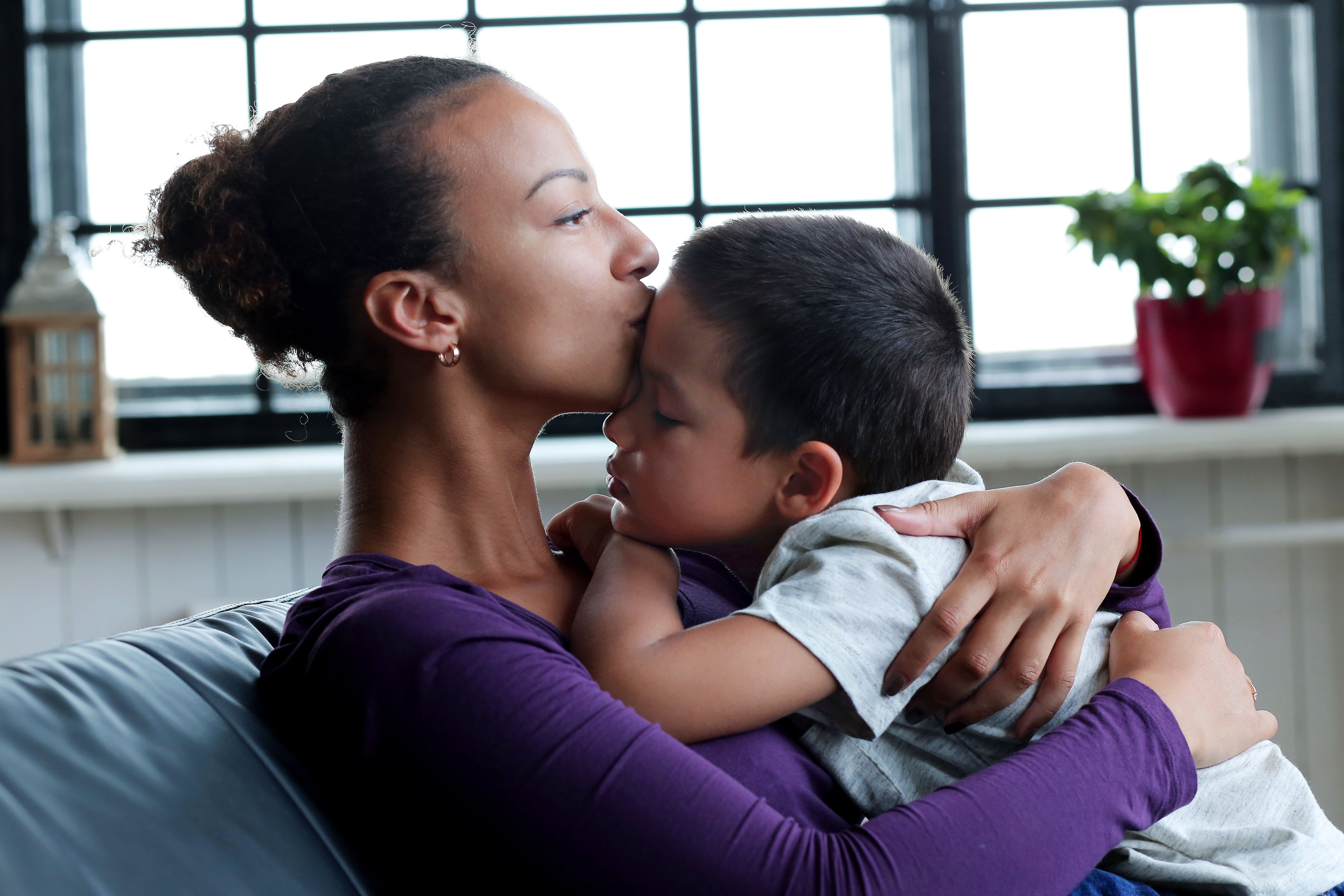A substance use disorder can have emotional, physical and behavioural symptoms. When reviewing the symptoms below, keep in mind that substance use may be just one of many possible causes.
Emotional symptoms of substance use disorder in teens
When someone has a substance use disorder, they may generally experience:
- unexplained mood swings
- sadness or depression
- suspicion
- anxiety.
Physical signs and symptoms of substance use disorder in teens
Possible physical signs of a substance use disorder include:
- bloodshot (red) eyes
- a lasting cough or nasal stuffiness
- lasting or persistent tiredness
- obvious weight loss or gain.
Behavioural symptoms of substance use disorder in teens
If your teen has a substance use disorder, you may notice the following changes in their behaviour at home, with friends or at school.
At home or with friends
Some behavioural changes to watch for include:
- showering less and/or losing interest in other forms of self-care
- withdrawing from usual family activities
- coming home late
- not telling you or other family members where they are going
- stealing money or valuable items (to pay for drugs)
- getting into trouble with the law
- changing friends (although this may also occur naturally during the teen years).
At school
At school, behavioural signs of a substance use disorder may include:
- a drop in grades or school performance
- missing or skipping school
- falling asleep in class
- not doing homework
- dropping out of sports or other extracurricular activities
- forgetting things or not being able to concentrate.
The above signs and symptoms might suggest other problems in addition to problematic substance use, so it is important to see a health-care provider such as a family doctor, paediatrician or nurse practitioner for a diagnosis and further help if needed.
How a substance use disorder is diagnosed
Your teen will be assessed by a health-care provider to decide if a diagnosis of substance use disorder is appropriate.
The health-care provider will collect information from you and/or your teen at a medical appointment. They may ask your teen to fill in some screening questionnaires that can identify someone who is using substances in a problematic way. They may also do a physical exam to look for physical symptoms of certain substance use.
Your teen has a right to confidential health care whether they meet their health-care provider as part of a visit with you or in a separate appointment on their own. However, the health-care provider must share information about your teen if there are immediate concerns for your teen's safety (such as a risk of suicide or homicide or reported abuse of a teen under 16 years).
Depending on the substances your teen is using (or if they identify any other risky health behaviours) the health-care provider may also suggest blood or other tests.
Will my teen need to do a drug test?
Drug tests are rarely helpful for identifying a substance use disorder.
- They must be done in a very specific way to be accurate.
- They only show substance use that has taken place in the past 24 to 48 hours.
- There is no evidence that they help establish a trusting relationship between a teen and their health-care provider.
They may only be done if a teen gives their consent or is unable to consent (for example if unconscious in the emergency room).
What can a health-care provider do for a teen with a substance use disorder?
Depending on the assessment, a health-care provider will make some suggestions to your teen and you about what might be helpful.
One useful option for a teen with problematic substance use is to see a counsellor. They may use different approaches, including motivational interviewing, to support your teen and help them identify areas where they might want to make some changes to their behaviour.
Other, more intensive, treatments for substance user disorder include:
- day treatment, where a teen attends a group based program during the week to get treatment and obtain school credits
- residential treatment, where a teen lives at a treatment centre and receives support and schooling every day.
These different treatments usually include some kind of family and/or parent treatment and support. In most provinces in Canada, these treatment programs require a teen to agree to take part. A few provinces have laws that permit parents to make this decision instead if the teen is under 16 years of age.
George, T., & Vaccarino, F. (Eds.) (2015). Substance Abuse in Canada: The Effects of Cannabis Use during Adolescence. Retrieved from http://www.ccsa.ca/Resource%20Library/CCSA-Effects-of-Cannabis-Use-during-Adolescence-Report-2015-en.pdf

